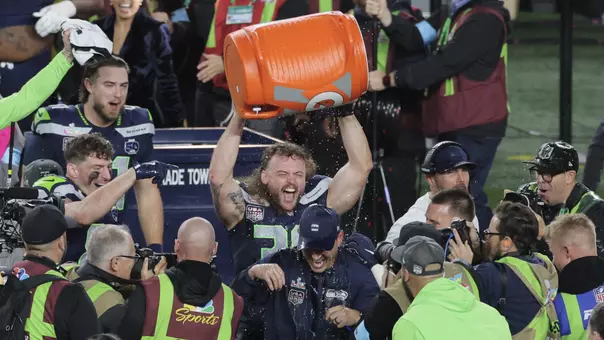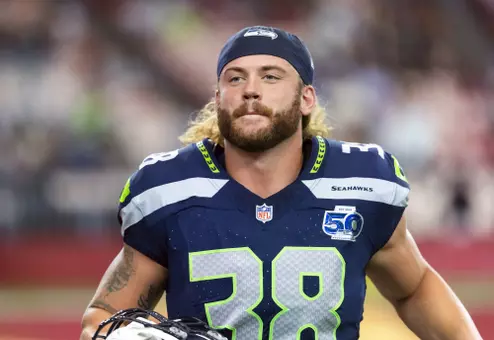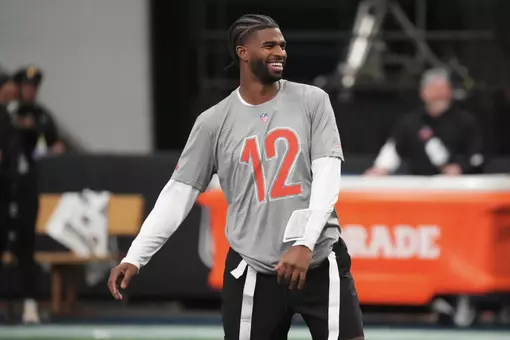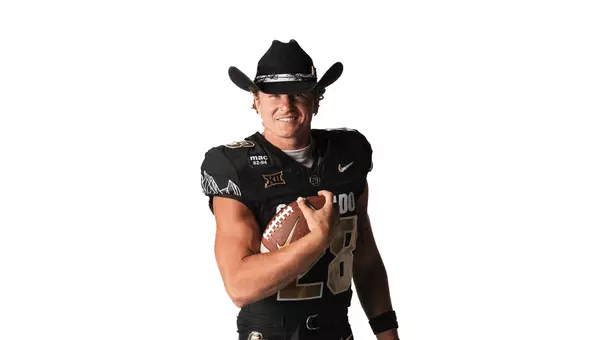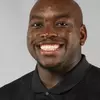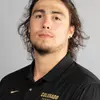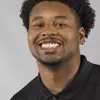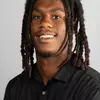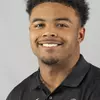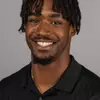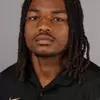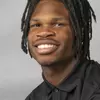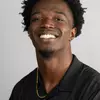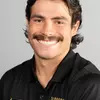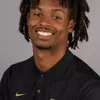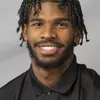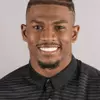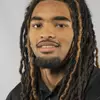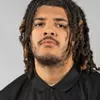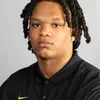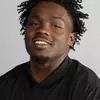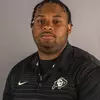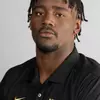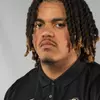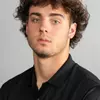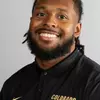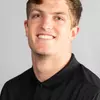Colorado University Athletics
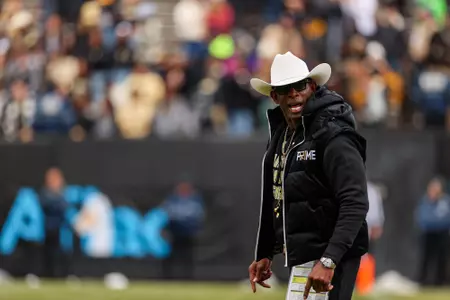
Coach Prime, Buffs Ready To Open Fall Camp
August 01, 2023 | Football, Neill Woelk
BOULDER — When the Colorado Buffaloes hit the field for their first practice of fall camp Wednesday, this much we already know: Deion "Coach Prime" Sanders' Buffs might be the most scrutinized 1-11 team in college football history.
Since the day Sanders was hired last December, Colorado has been under the national microscope. When he took the reins, he immediately embarked on an unprecedented roster overhaul that ignored conventional rebuilding strategies and produced a team with barely a handful of scholarship players who wore a CU uniform last year.
The overhaul hasn't been limited to player personnel. Sanders brought in an entire new staff of coaches, analysts and recruiting specialists, as well as a team of videographers and social media specialists whose primary goal is to put the Buffaloes back in the national spotlight.
So far, so good. The Buffs have been at the forefront of national college football coverage since the day Sanders was hired. He and his staff eschewed "normal" rebuilding conventions and instead fast-tracked the process by turning to the transfer portal.
Thus, when the Buffs open practice Wednesday, CU's roster will include nearly 70 players who were on other college rosters just a year ago. Throw in the fact that Colorado just last week announced that the Buffs will leave the Pac-12 after this year and return to the Big 12, and the situation will be one of the most closely watched on the college landscape this year.
The biggest questions surrounding the program are simple ones:
Will Sanders' strategy work? Can the Buffs make the transformation from one of the least-productive teams in the nation in 2022 to at least a competitive squad one year later?
Colorado fans — and the rest of the nation, for that matter — won't have to wait long for their answer. CU's September schedule might be one of the most difficult in the nation. The slate includes three games against likely top 25 teams — TCU, Oregon and USC — as well as a pair of contests against long-time rivals, Colorado State and Nebraska.
But before Colorado opens the Coach Prime Era on Sept. 2 at TCU, the Buffs have four weeks and 25 practices in August to get ready.
Every position group will be under pressure to perform and the Buffs must continue to install a new offense and new defense.
But there are some questions that will no doubt draw special scrutiny as training camp unfolds and CU's coaches go about the business of formulating a depth chart and preparing for the opener.
Here are five areas that will be of intense interest:
1. Quarterback depth. This is one of the few positions on the roster where the starter is virtually etched in stone. Barring disaster, Shedeur Sanders will be the Buffs' leader. Sanders followed his father from Jackson State and brings with him a big arm, big numbers and big hopes.
But after Sanders the dropoff is precipitous, with nary a player who has ever thrown a pass in a Division I game. The list includes walkon transfer Gavin Kuld (two junior colleges in two years) and three freshmen: Colton Allen, Ryan Staub and Kasen Weisman.
If Sanders stays healthy, there won't be a problem. The Buffs will be able to bring along a backup by getting him a few snaps each week as the season progresses.
But sorting out a No. 2 will be a critical piece of the August equation. Offensive coordinator/quarterbacks coach Sean Lewis will have to have someone ready to step in for Sanders when necessary — and that battle will no doubt be interesting.
2. Offensive line development. The Buffs have two returnees, center Van Wells and tackle Gerad Christian-Lichtenhan, who played significant snaps a year ago. Wells started eight games (six at center, two at guard) while Christian-Lichtenhan started eight games at tackle.
But there's no guarantee either will be a starter again. CU hit the transfer portal hard for help up front, bringing in five newcomers from four-year schools and five more from the junior college ranks. The new faces include a pair who played for O-line coach Bill O'Boyle at Kent State last year, guard Jack Bailey and tackle Savion Washington, as well as guard Tyler Brown (Jackson State) and tackle David Conner (Florida).
But experience at the Power 5 level is relatively thin and O'Boyle will have a tall task in assembling a cohesive starting unit and reliable backups in the span of a month.
3. Defensive line development. Sanders has more than once expressed a belief in building his teams from the outside in, a direct contrast to the conventional strategy. He has thus put together an impressive group of skill position players on both sides of the ball.
But a big question will be whether the Buffs can establish a strong defensive front that will be able to stop the run and force opponents to the air — then get to the quarterback when opponents do throw.
Again, the list of returnees here is very short. Chance Main — who actually entered the transfer portal before deciding to return to Colorado — is the only player up front who suited up for the Buffs last year, appearing in 12 games and recording 28 tackles in those appearances.
There are, however, a number of players with solid pedigrees. Taijh Alston (West Virginia), J.J. Hawkins (Ole Miss), Sav'ell Smalls (Washington), Arden Walker (Missouri), Amari McNeil (Tennessee), Leonard Payne Jr. (Fresno State) and Bishop Thomas (Florida State) all know what big-time college ball entails. But none were regular contributors at their last stops and it will be interesting to see if a change of scenery can bring out their best.
But the player who had coaches excited in spring ball wasn't a Power Five player. Rather, it was Shane Cokes, a grad transfer from Dartmouth who turned heads and could be a mainstay in the trenches.
Still, the task for assistants Sal Sunseri (tackles) and Nick Williams (defensive ends) will be to put together a reliable, consistent group that can withstand power running attacks and still get pressure on the quarterback on a regular basis. The talent might be there — how fast they can develop it will be the key.
4. How best to utilize a wealth of skill position talent. One thing Sanders and his staff did in a hurry was upgrade Colorado's talent in the secondary on defense and at wide receiver and running back on offense.
This year's secondary has a chance to be CU's best since at least 2016 (three players selected in the NFL Draft). Highly touted two-way player Travis Hunter should be a mainstay at one corner while the other side could be any one of a number of talented newcomers: true freshman Cormani McClain or transfers Omarion Cooper (Florida State), Kyndrich Breedlove (Ole Miss) and Travis Jay (Florida State).
At safety, the Buffs have returnee Trevor Woods, one of CU's best players a year ago, as well as transfers Cam'Ron Silmon-Craig (Jackson State), Jahquez Robinson (Alabama), Shilo Sanders (Jackson State) and Myles Slusher (Arkansas).
It's a talented group — and one that the Buffs will need to make plays as they develop their defensive line and linebackers. Colorado will hopefully have a strong pass rush, but until that fully blossoms, the onus will be on CU's secondary to keep opponents from putting up big numbers in the air.
Offensively, Colorado could have plenty of weapons.
Again, Hunter could be a big-play producer at receiver, but he should have plenty of help as CU has 21 wide receivers listed on the roster. Transfer Jimmy Horn (South Florida) had an impressive spring and the Buffs again have a solid list of other transfers, including Tar'Varish Dawson (Auburn), Jaylen Ellis (Baylor), Jack Rilling (LSU) and Willie Gaines (Jackson State). There are also a number of true freshmen who could make an impact.
Also taking a big step forward was the running backs room. Returnees Anthony Hankerson and Charlie Offerdahl had solid springs, as did highly touted true freshman Dylan Edwards.
But Colorado may have struck gold in the portal here, adding Alton McCaskill (Houston), Kavosiey Smoke (Kentucky) and Sy'veon Wilkerson (Jackson State). McCaskill had a terrific freshman season two years ago at Houston (he was injured last year), Smoke was a productive back for several seasons at Kentucky and Wilkerson was solid at JSU.
Overall, the skill groups give QB Sanders plenty of options and the Buffs won't be lacking weapons offensively. But the question will be how quickly the offensive line can develop and make sure Sanders and Co. have time to execute.
5. Development of continuity and cohesiveness. This might be the most interesting part of Coach Prime's experiment.
How quickly can he and his staff turn a group of players — the vast majority of whom are newcomers — into a cohesive group ready to execute as a unit.
The Buffs did have the benefit of a solid summer session that included classroom work, some on-field work and player-led practices.
But those are far cries from the teamwork that will be needed to produce an offense that can click as one unit and a defense that can operate at a high level on a consistent basis.
Sanders and his staff are firm believers that they can mold the Buffs into a team quickly — and August will give CU's coaches the opportunity to get their groups ready for the September test ahead.


